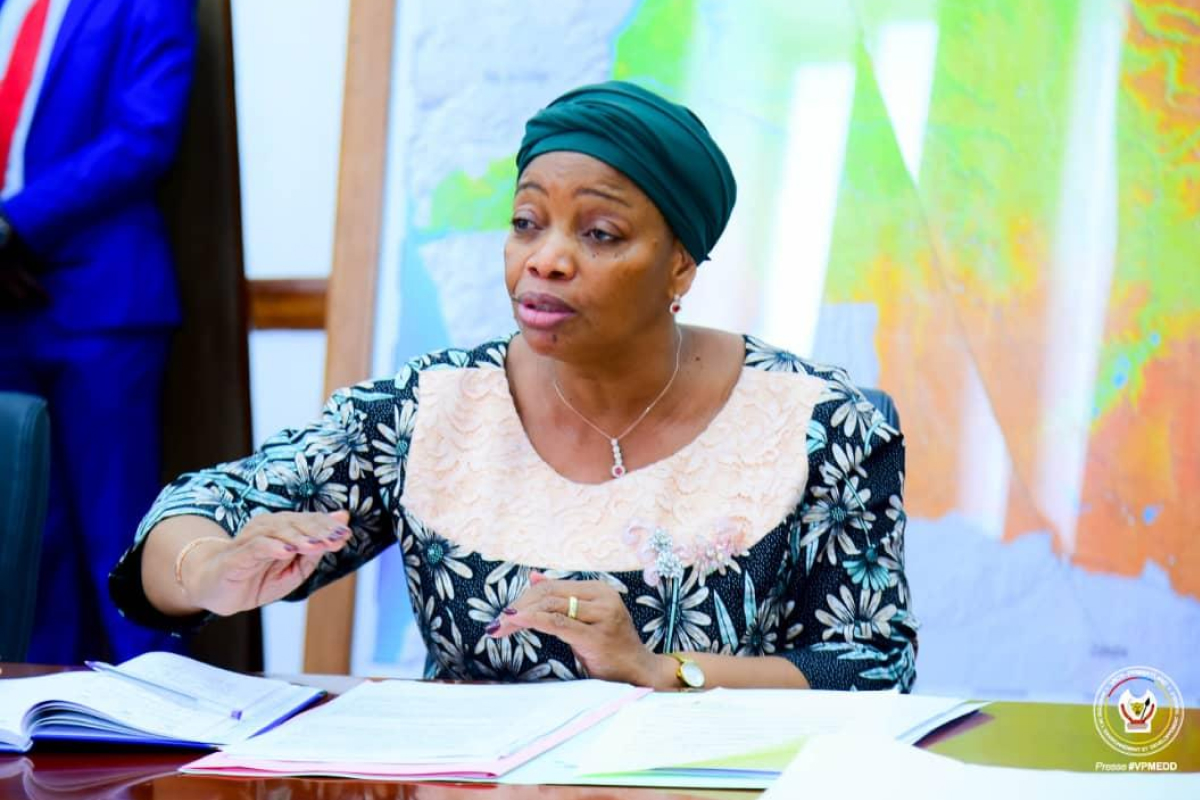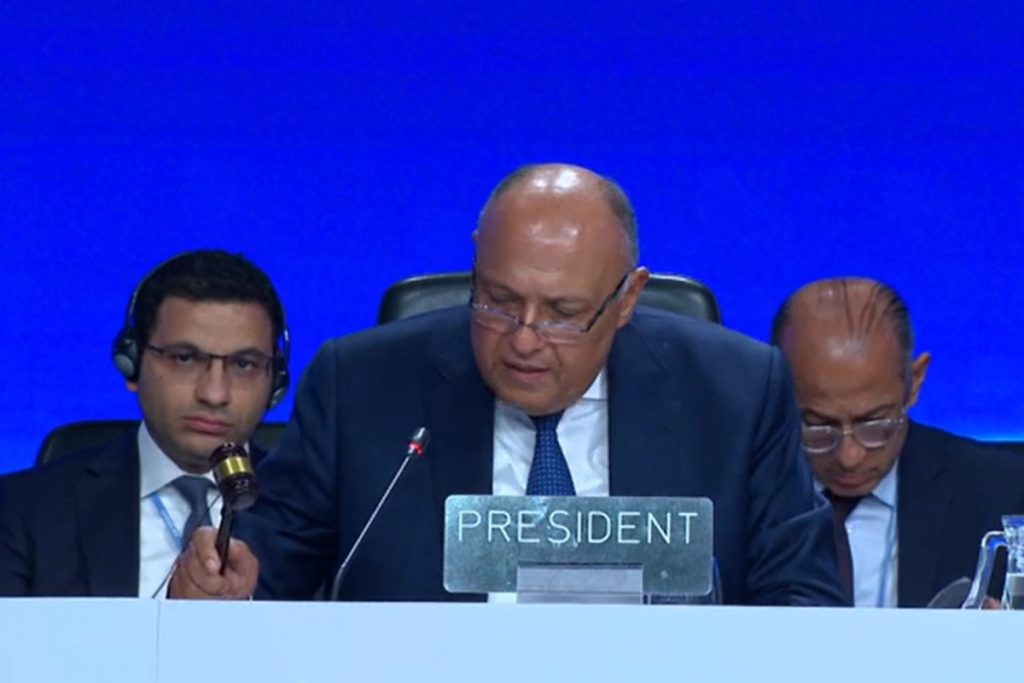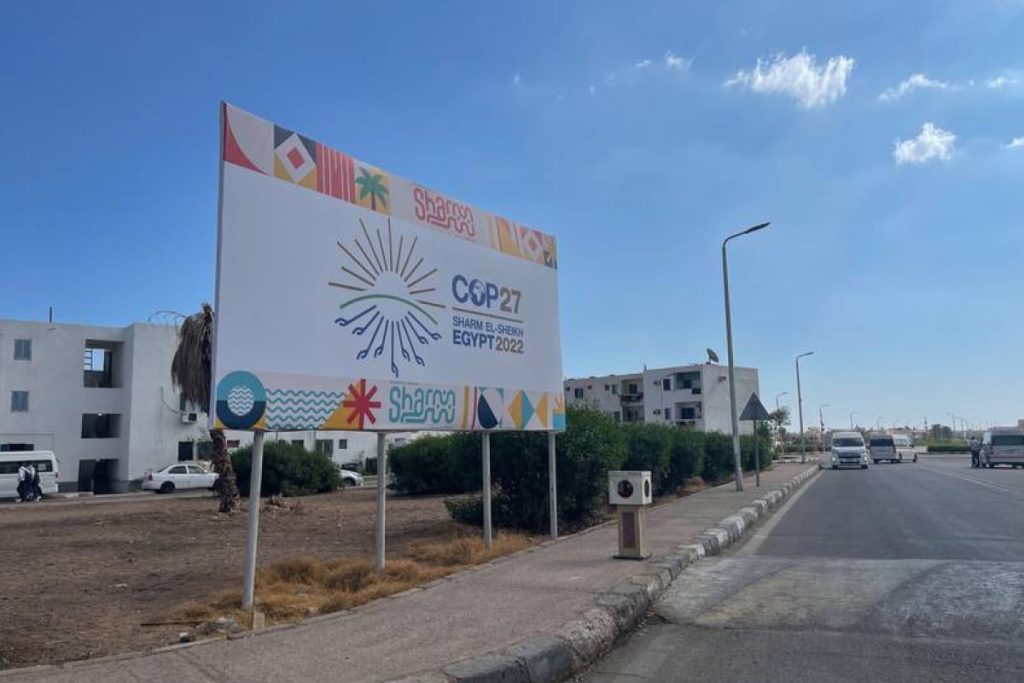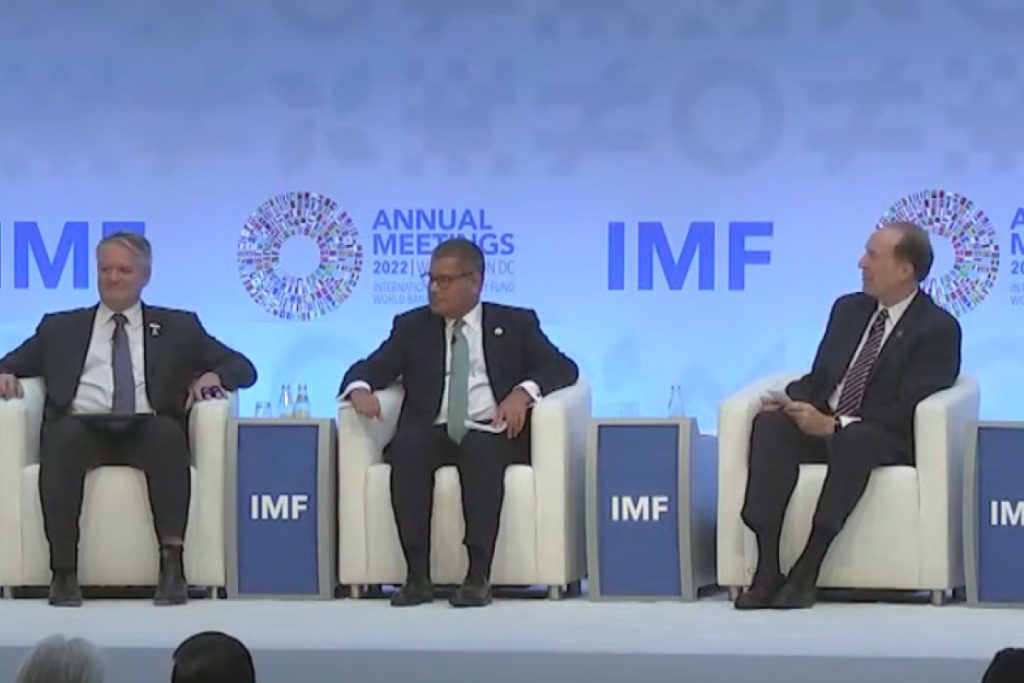At the Pre-COP talks in Kinshasa earlier this month, the DRC Deputy Prime Minister and Minister of Environment and Sustainable Development, Eve Bazaiba, called on countries to endorse proposals for the compensation of less developed economies for climate-inflicted damage. She stated that “[u]nless a global effort is made … no one will escape…We all breathe the same air.”
However, developed country support for this proposition, which was made by the G77+China at COP26 last year, has been unclear. Last week, the EU Parliament passed a non-binding resolution relating to COP27. Amongst other things, it calls for the EU member states to “constructively engage” on loss and damage by “examining modalities” for a loss and damage finance facility. However, this position has yet to be adopted by the EU Council. Earlier, in a resolution of the Council of the European Union on 4 October 2022, the bloc reiterated its support for “international initiatives designed to better shield developing countries from the adverse effects of climate change, including by mobilising innovative tools and sources of finance, such as the G7 initiative of the Global Shield”. It also supports the existing approach of integrating climate disaster response within humanitarian and development aid.
The resolution, however, makes no mention of support for a dedicated loss and damage finance facility. Instead it merely welcomes the Glasgow Dialogue on Loss and Damage where funding arrangements are being discussed. To date, insurance (including through InsuResilience and now the Global Shield) and humanitarian aid and disaster relief have been the primary mechanisms through which finance for loss and damage has been channelled. As a result, the resolution’s position does not materially deviate from the status quo.
Ahead of the Pre-COP meetings, it was reported by Politico that the EU was not persuaded that a new fund was necessary. This ties in with the position of US climate envoy, John Kerry, who in September resisted calls for dedicated loss and damage finance. However, news from Kinshasa is that the EU’s position may not be as steadfast and that it is seeking to reach a middle-ground. In a report by Climate Home News, the bloc insists it hasn’t ruled out finance for a new fund, but it is still setting out alternative options for what a response could look like.
In discussions last year and mid this year, some developed countries, including the EU, expressed a concern around the duplication of functions of a dedicated loss and damage finance facility with existing finance institutions such as the Green Climate Fund (GCF). Doing so would have increased administrative costs and possibly further fracture the already fragmented climate finance landscape with a new fund. Historically developed countries have also tended to prefer insurance as a vehicle to respond to loss and damage needs and have harboured concerns that providing dedicated finance will amount to a concession of legal liability for climate change induced loss and damage.
Developing countries have, however, resisted these positions, on the basis that existing institutions are not fit for purpose to disperse loss and damage finance, in light of their mandate and operational procedures. They also decry the use of insurance for some losses such as slow onset events and migration which are not adequately covered by insurance mechanisms. Insurance also comes at a cost, even with premium support via the Global Shield. Historically insurance mechanisms have also performed poorly, including for some African countries.
While there is little certainty on the issue of a dedicated finance facility, at least developed countries have indicated their support for loss and damage to be on the formal agenda of COP27. At present only “matters relating to funding arrangements for addressing loss and damage” are included a sub-agenda item.
Egypt, the host of COP27, has expressed its commitment to progressing loss and damage negotiations, and has appointed Ministers from Chile and Germany (including Jennifer Morgan, the former executive director of Greenpeace and no Germany’s climate envoy) to coordinate discussions. They are both charged with coming up with a plan on how to include loss and damage on the formal agenda.
The inclusion of loss and damage as a formal agenda item and progress in discussions on a dedicated loss and damage finance facility remain of paramount importance to African countries. The quantum and scope of finance needs far exceeds what African countries are able to source, both from dwindling levels of disaster relief and humanitarian aid, as well as from regional insurance mechanisms. Even if these mechanisms are retained, they will need to be supplemented in some form. Historically the continent has also faced challenges accessing climate finance from the GCF, and there are justifiable concerns it may encounter the same challenges if loss and damage finance were provided through the same or similar institution.





